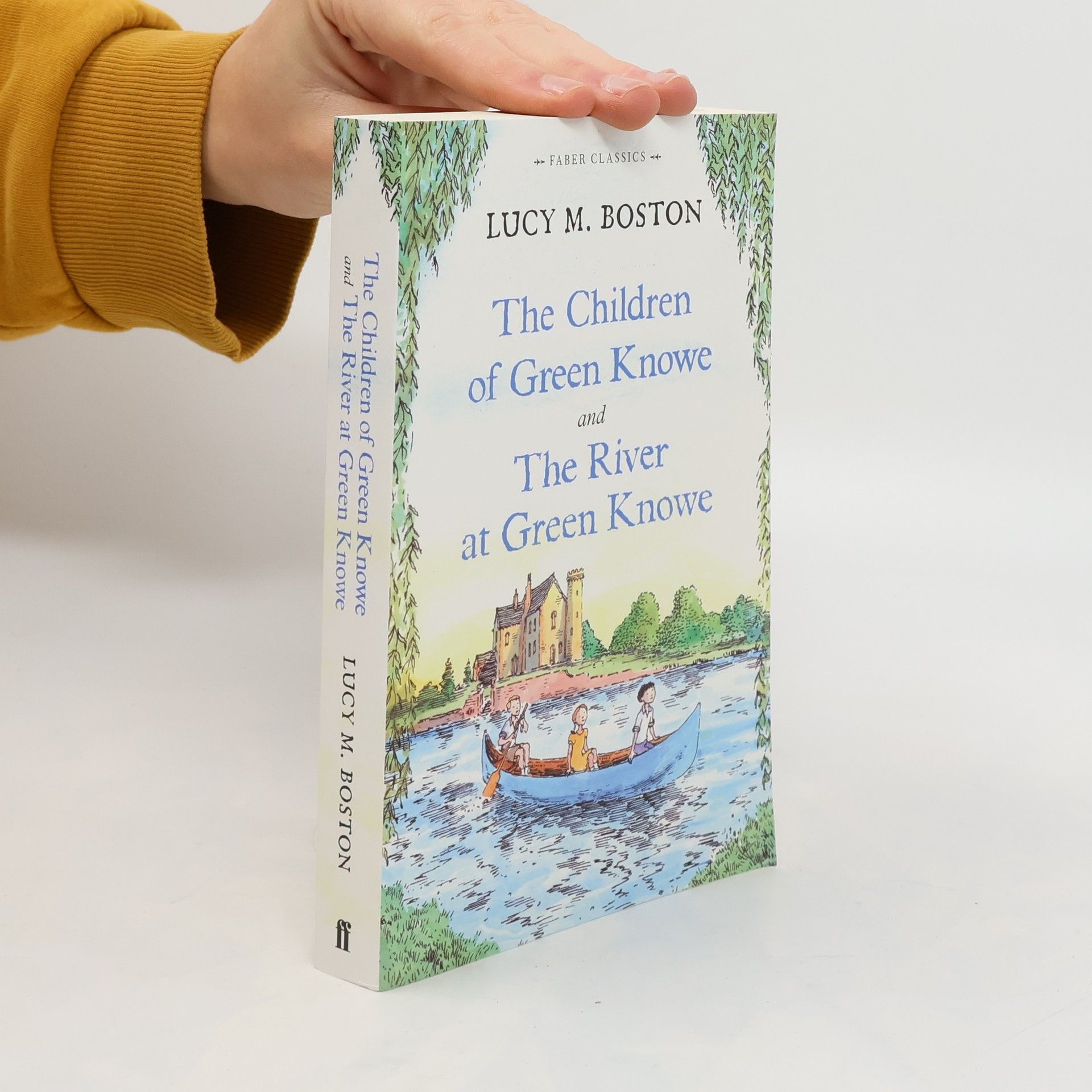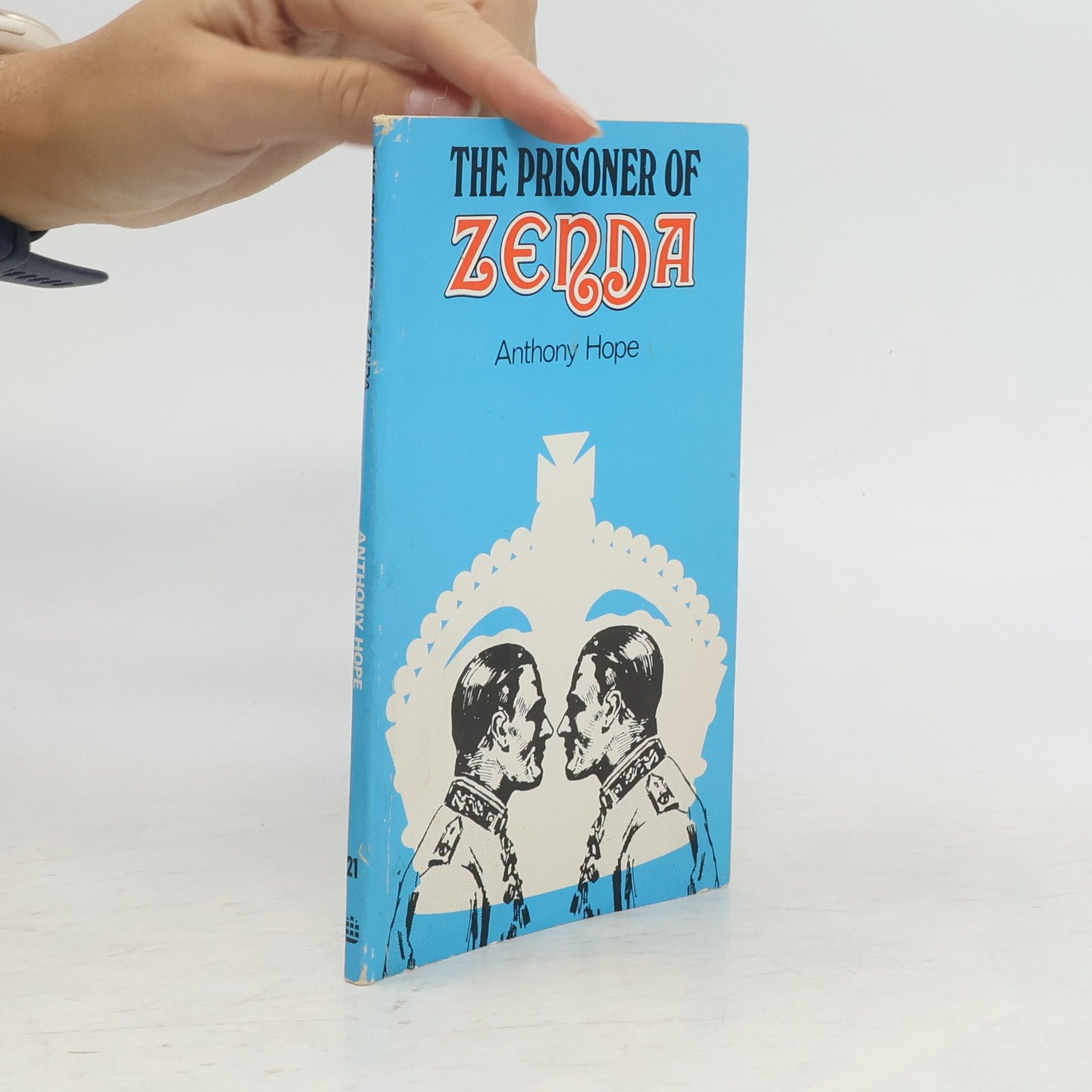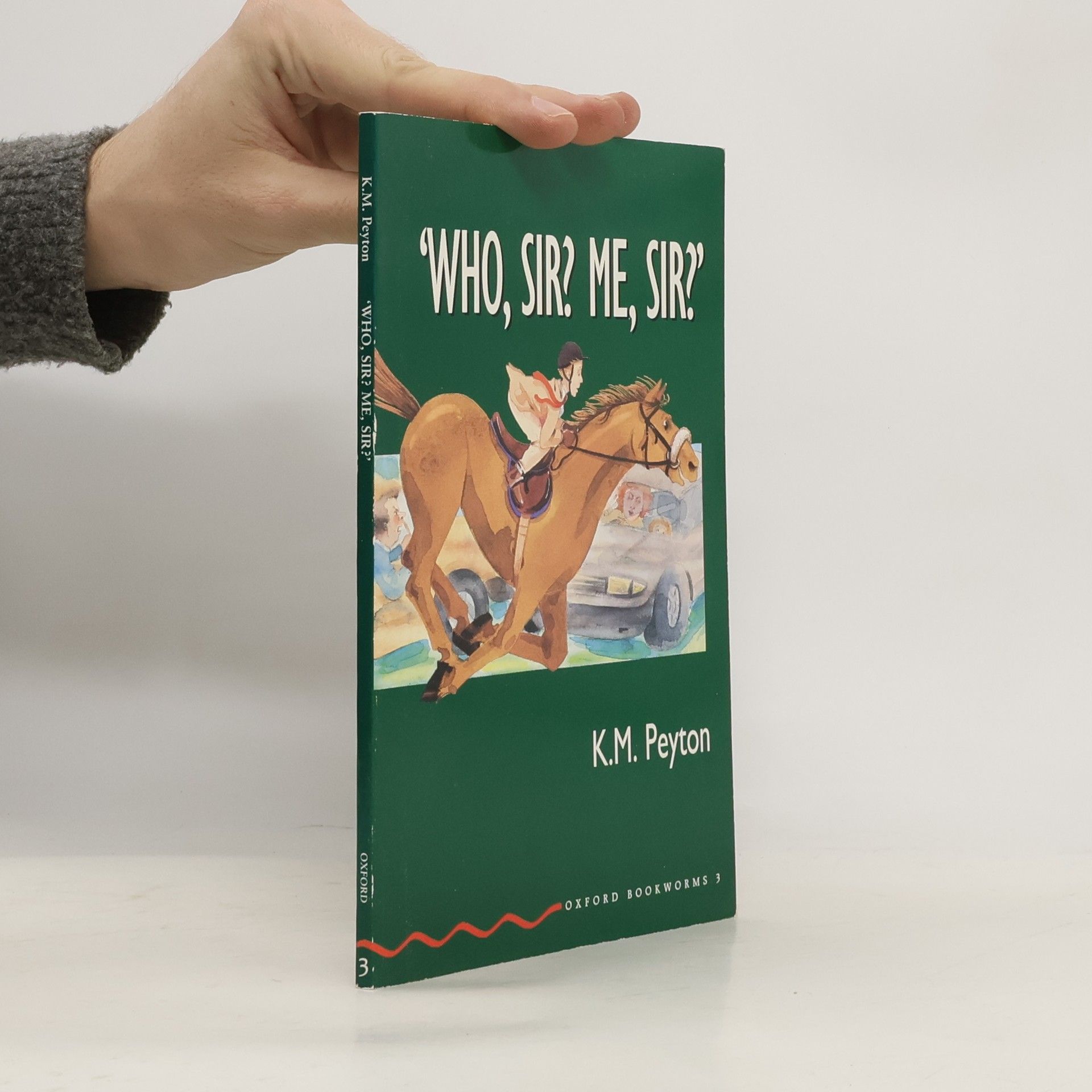Now The Children of Green Knowe and River at Green Knowe are available in one edition. Children of Green KnoweTolly's great grandmother isn't a witch, but both she and her old house, Green Knowe, are full of a very special kind of magic.
Diane Mowat Book order (chronological)
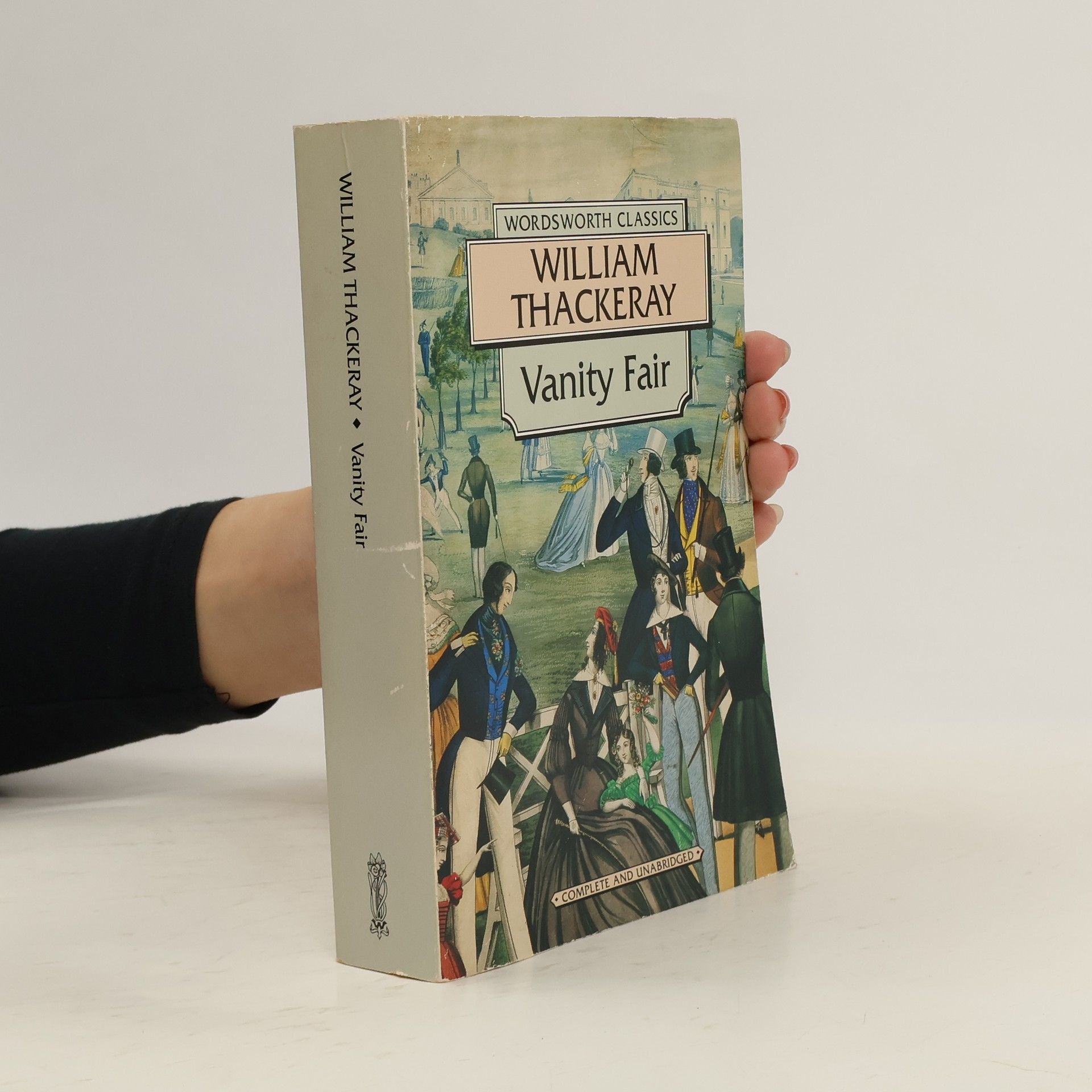
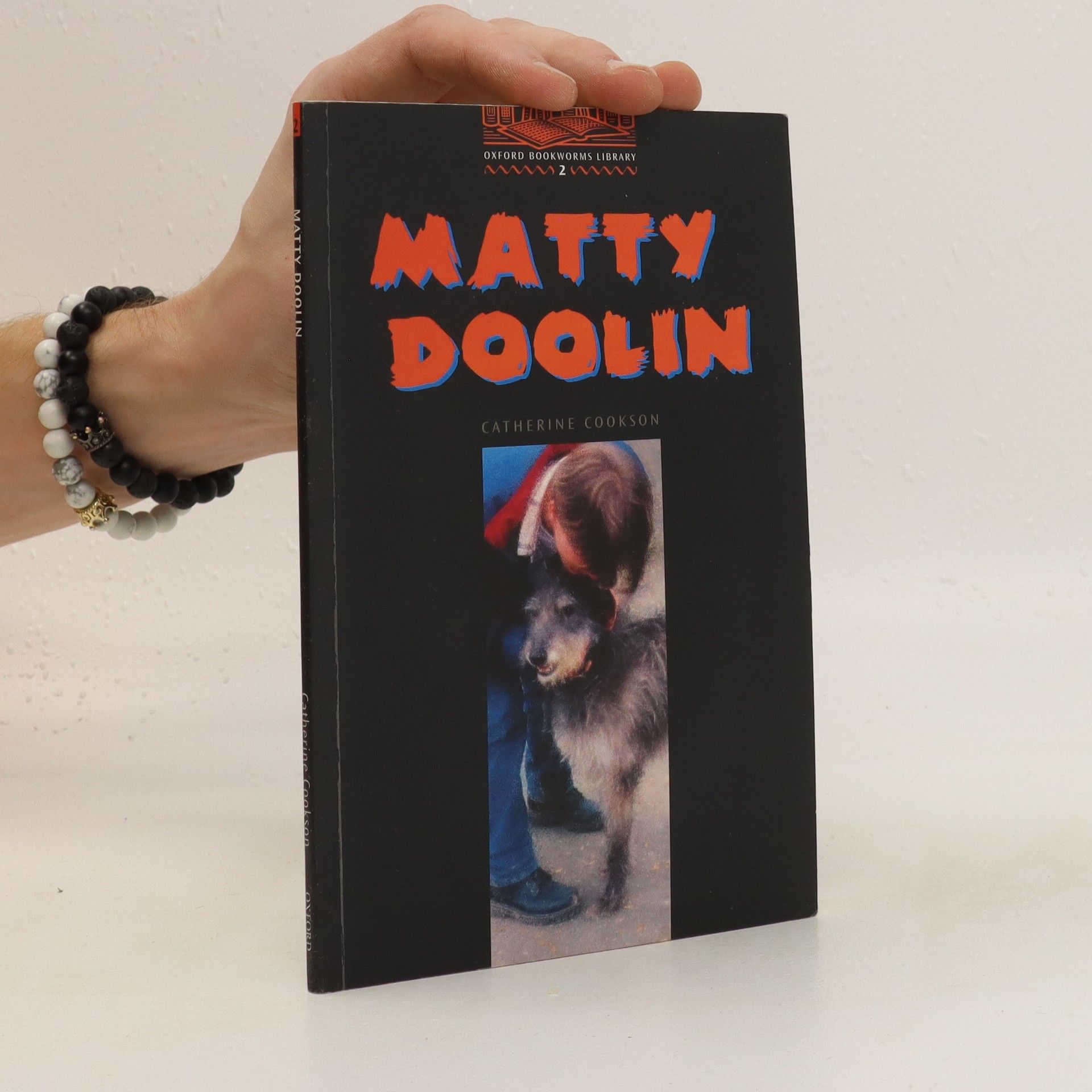


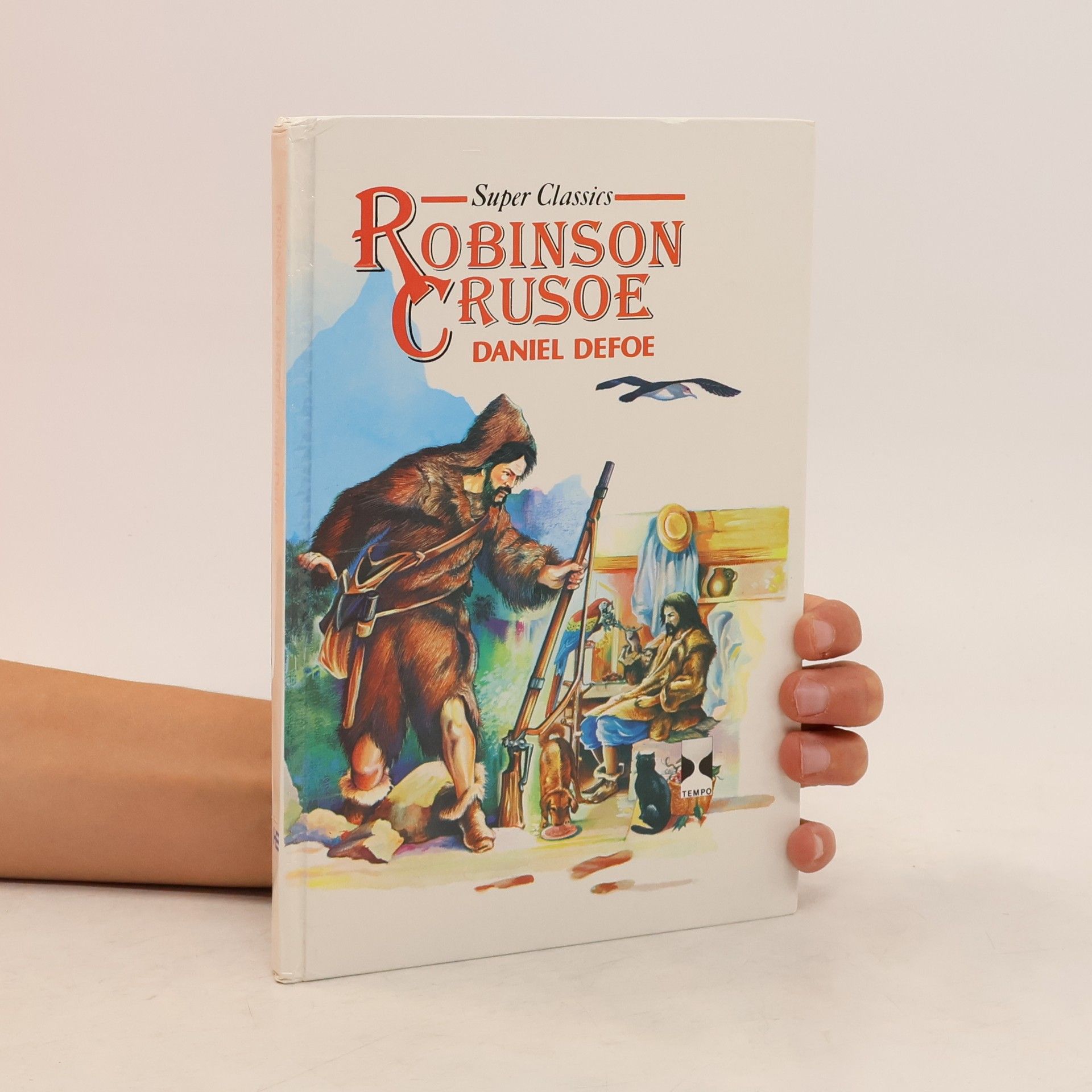

Thackeray's most representative novel - a picture of society on a broad scale, with Becky Sharp, the adventuress, a principal character. Includes a famous account of the Battle of Waterloo. First published in 1848.
Suitable for younger learners Word count 5,310
The Prisoner of Zenda
- 128 pages
- 5 hours of reading
Suitable for younger learners Word count 10,710 Bestseller
The Three Musketeers
- 592 pages
- 21 hours of reading
CLASSIC FICTION (PRE C 1945). A historical romance, this novel tells of the adventures of the hot-headed young Gascon, d'Artagnan and his three companions Athos, Porthos and Aramis as they gallantly defend the Queen of France, using their wit and their swords.
Three Men in a Boat (To Say Nothing of the Dog)
- 192 pages
- 7 hours of reading
Martyrs to hypochondria and general seediness, J. and his friends George and Harris decide that a jaunt up the Thames would suit them to a ‘T’. But when they set off, they can hardly predict the troubles that lie ahead with tow-ropes, unreliable weather-forecasts and tins of pineapple chunks – not to mention the devastation left in the wake of J.’s small fox-terrier Montmorency. Three Men in a Boat was an instant success when it appeared in 1889, and, with its benign escapism, authorial discursions and wonderful evocation of the late-Victorian ‘clerking classes’, it hilariously captured the spirit of its age.
Robinson Crusoe
- 184 pages
- 7 hours of reading
"The young Robinson Crusoe ignores his father's advice and decides to become a sailor. But Crusoe is soon caught up in violent storms and finds himself shipwrecked on a remote island. He will have to live on this island for the next twenty-eight years"--Back cover note
Dracula
- 64 pages
- 3 hours of reading
In the mountains of Transylvania there stands a castle. It is the home of Count Dracula - a dark, lonely place, and at night the wolves howl around the walls. In the year 1875 Jonathan Harker comes from England to do business with the Count. But Jonathan does not feel comfortable at Castle Dracula. Strange things happen at night, and very soon, he begins to feel afraid. And he is right to be afraid, because Count Dracula is one of the Un-Dead - a vampire that drinks the blood of living people...
A Pair of Ghostly Hands and Other Stories
- 72 pages
- 3 hours of reading
"If you wake up in the night and hear a tap running somewhere in the house, what to you do? You get up, of course, and go and turn the tap off. A little later you hear the tap running again. You are alone in the house, and you know you turned the tap off. What do you think? The ghosts in these stories all have unfinished business with the living world. They come back from the grave to continue their work, to keep a promise, to look for something they have lost. Sometimes they want to help people, sometimes they want to punish them - or kill them."--Back cover
Who, Sir? Me, Sir?
- 64 pages
- 3 hours of reading
When a group of English schoolchildren are told that they are to be in a tetrathlon (swimming, running, shooting and riding) against the perfect Greycoats school, they are totally unenthusiastic but rally when a teacher encourages them.
